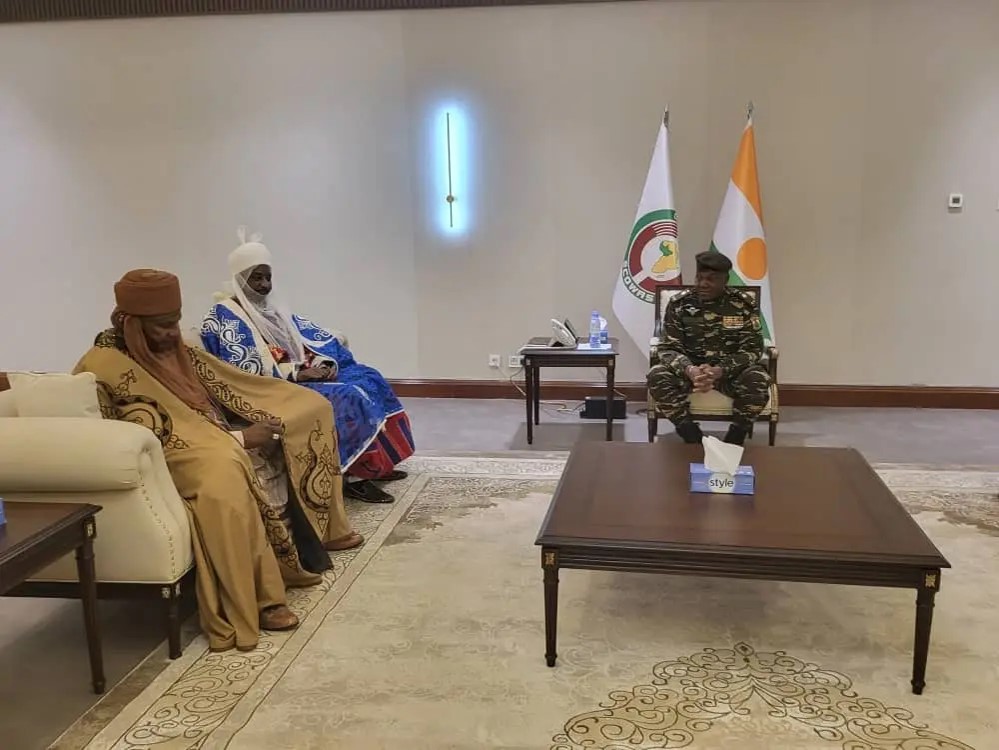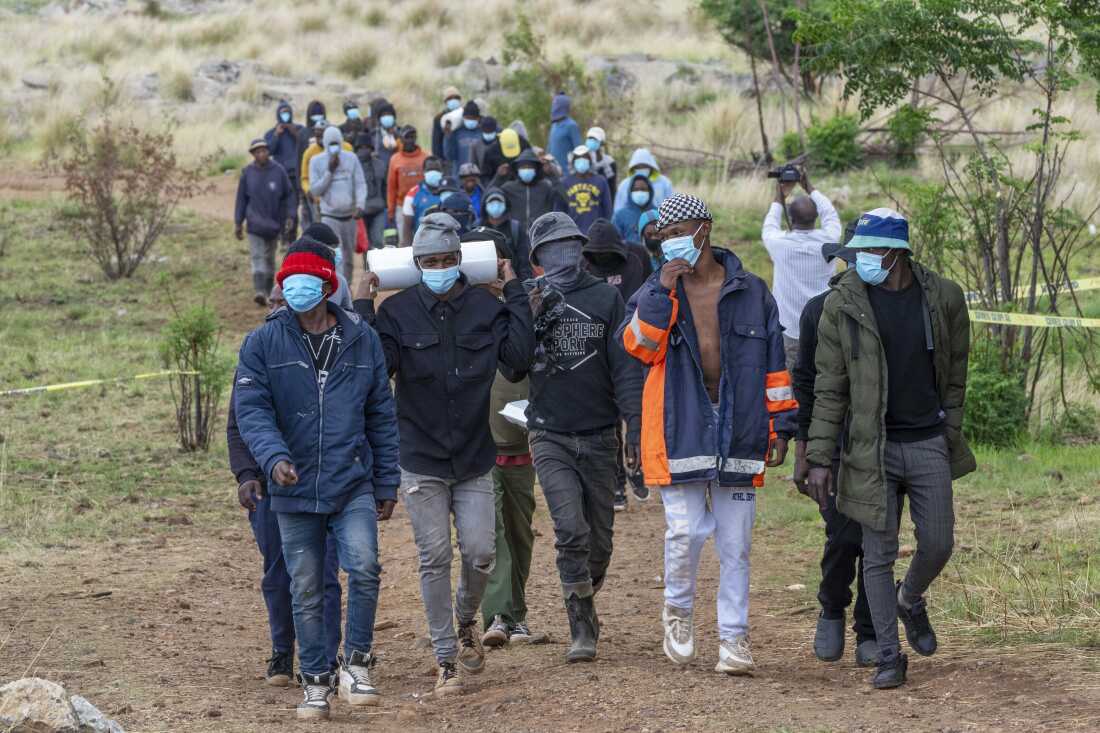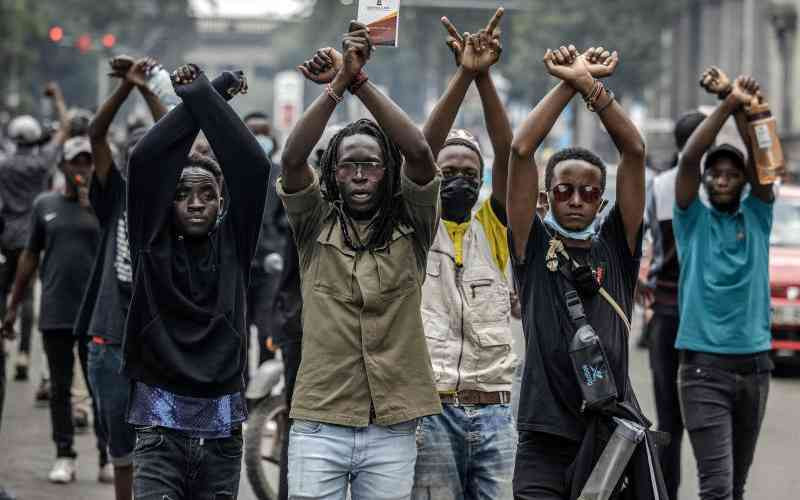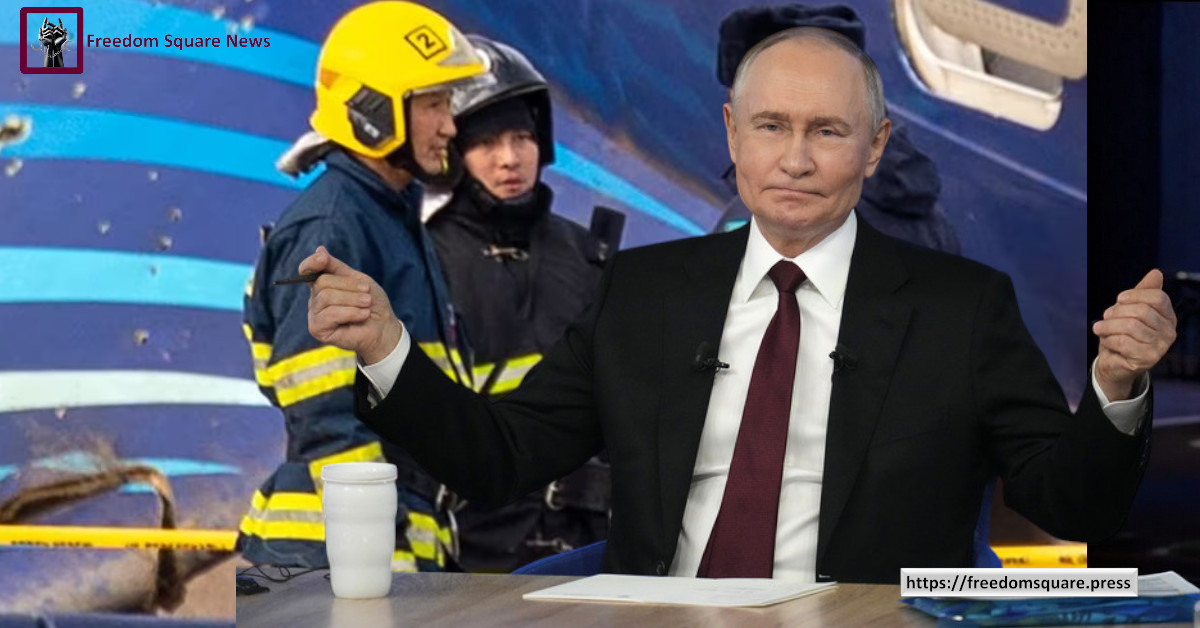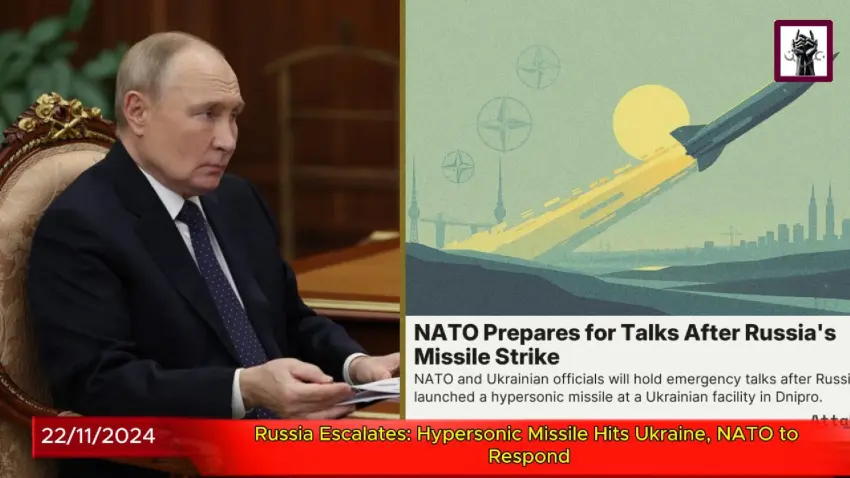Sanusi’s Strategic Role in Resolving Niger’s Political Turmoil
In a bold and unexpected move, Alhaji Muhammadu Sanusi, the former Emir of Kano and renowned Nigerian economist, has emerged as a key figure in efforts to resolve the ongoing political crisis in the Republic of Niger.
Sanusi, who previously served as the Governor of the Central Bank of Nigeria, surprised the international community by engaging in direct talks with Niger’s military coup leaders in the capital. His involvement adds a fresh perspective to the stalled diplomatic efforts led by the African Union (AU) and the Economic Community of West African States (ECOWAS).
The crisis in Niger escalated following a military coup that ousted President Mohamed Bazoum, sparking widespread condemnation and calls for his reinstatement. Despite previous failed mediation attempts, Sanusi’s intervention offers hope for a breakthrough.
Sanusi’s Influence and Regional Significance
Sanusi’s meeting with the military leadership took place on Wednesday, shortly after the junta canceled a scheduled meeting with AU and ECOWAS representatives. Footage of the encounter quickly circulated on social media, fueling speculation about the nature of discussions and their potential impact on resolving the crisis.
Sources close to the matter suggest that Sanusi’s initiative is a personal effort to de-escalate tensions through negotiation. It is believed that President Bola Tinubu, the ECOWAS Chairman, was aware of Sanusi’s mission and endorsed it due to concerns over deteriorating Nigeria-Niger relations and the looming humanitarian crisis.
Sanusi’s influence in the region is significant. As the Khalifa of the Tijjaniya sect, he commands a vast following in Niger. His visit was accompanied by the Sultan of Damagaran, the third-largest city in Niger, further emphasizing the weight of his diplomatic mission.
ECOWAS had previously attempted to broker peace through a delegation led by former Nigerian Head of State, Gen. Abdulsalam Abubakar (retd.), but the junta resisted negotiations. With the ECOWAS-imposed 7-day ultimatum for Bazoum’s reinstatement expired and the threat of sanctions or military intervention looming, the situation remains highly volatile.
What Lies Ahead? President Tinubu has scheduled a high-level meeting on Thursday to assess the crisis. While there is strong opposition to military intervention, the international community is closely watching Sanusi’s unconventional diplomatic efforts to see if they can yield a peaceful resolution.
As the crisis unfolds, Sanusi’s unexpected role as a mediator underscores the complexities of regional diplomacy and the potential for non-traditional actors to play crucial roles in restoring stability. His engagement highlights the importance of leveraging cultural and religious ties in conflict resolution, offering a unique approach to addressing the challenges facing Niger and the broader Sahel region.
Related Articles
- ECOWAS Response to Niger Coup: Key Developments
- Understanding Sanusi’s Background and Regional Influence
- Humanitarian Concerns Amid Niger’s Political Crisis
“Sanusi’s diplomatic intervention represents a novel approach to conflict resolution in the region, leveraging both his economic expertise and spiritual authority to bridge divides and foster dialogue.”
